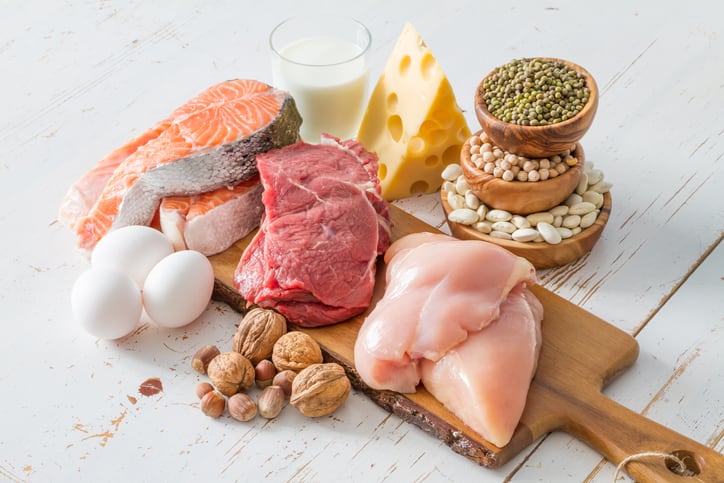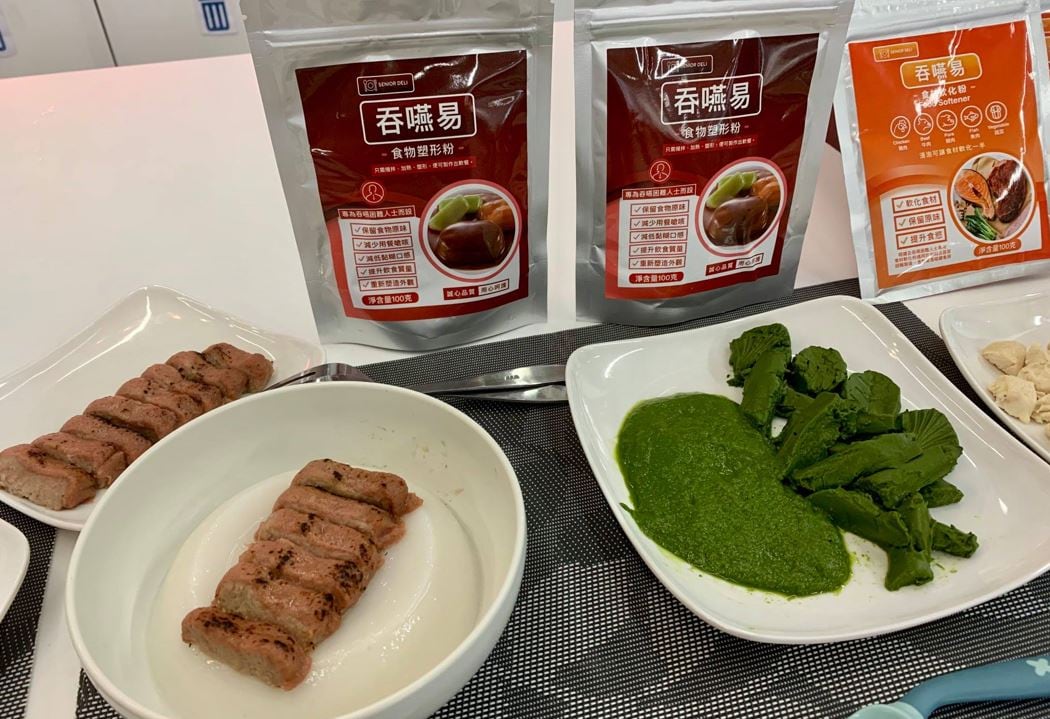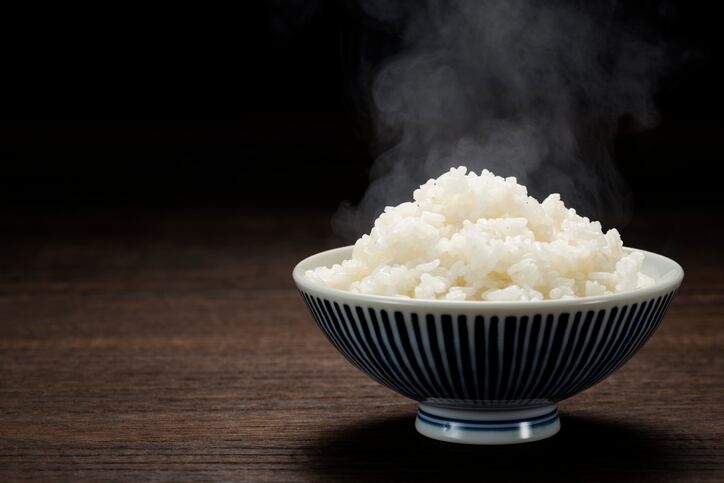Previous studies have shown an increase in hunger during the weight-loss maintenance stage, post the initial weight loss.
Conducted across eight countries in Europe, UK and Australia and New Zealand, researchers wanted to compare the long-term effects of two diets (high protein-low GI and moderate protein-moderate GI) on appetite among these participants in their weight loss maintenance stage.
In this study, findings also revealed despite the significant decrease in hunger in the high protein-low GI diet, there was no change in weight regain in both groups throughout the three years.
“To the best of our knowledge, there is no long-term study addressing the long-term effects of diets on appetite in a post-weight loss population,” researchers wrote in Frontiers in Nutrition.
Study design
PREVIEW was a study exploring the effects of the above diets on the prevention of type 2 diabetes.
It was conducted across eight countries including Denmark, Finland, UK, the Netherlands, Spain, Bulgaria, Australia, and New Zealand, on adults aged 25–70 years and with BMI ≥25 kg/m2 and with pre-diabetes. Those with existing diabetes were excluded. Recruitment took place between 2013 to 2015.
It consisted of two phases. Phase 1 was an 8-week weight loss period, where participants were given a commercial liquid low-energy diet.
Those who lost more than 8% of their initial body weight were allowed to enter phase 2, a 148-week randomised weight loss maintenance period.
In this phase, participants were assigned to either the high protein-low GI or moderate protein-moderate GI diets.
The high protein-low GI diet provided 25% of the energy through protein, and 45% of energy through carbohydrate with a GI of below 50.
The moderate protein-moderate GI diet provided 15% of energy through protein, and 55% of energy through carbohydrate with a GI of more than 56.
Participants were guided on the proportions and types of foods that they should consume from different food groups, to achieve the macronutrient content and GI required.
Appetite sensations including satiety, hunger, desire to eat, were assessed during the two phases (at 0, 8, 26, 52, 104, and 156 weeks) based on the recall of feelings. Body weight was also measured.
In total, 2,224 adults were enrolled at the start of the weight loss phase, but 962 participants (52%) completed the whole three-year study.
Results
Findings revealed that appetite was significantly lower in the high protein-low GI group than in the moderate protein-moderate GI group from 52 weeks.
According to researchers, a higher protein intake might affect appetite by increasing fullness or satiety in individuals, however the effect of carbohydrate and glycaemic index (GI) on appetite remains unclear.
Despite differences in hunger and satiety ratings, there was no difference in weight regain between both groups.
This is the first long-term, large-scale randomised intervention to report that a high protein-low GI diet was superior in preventing an increase in hunger, but not weight regain, during the three-year weight loss maintenance phase compared with a moderate protein-moderate GI diet.
However, one limitation of the study was recall bias.
In phase 1, participants were given standardised meals. But, in phase 2 of the study, because standards meals were not provided, the results were based on memory recall of overall appetite sensations.
“Recall bias is inevitable and a combination of fasting and postprandial appetite may make some significant results undetectable. As appetite sensations do not always predict individual's intake, further analyses and studies are needed.”
Researchers added that an individual's genotype and gut microbiota may affect appetite and food intake, which offers the potential for precision nutrition in appetite and weight control in the future.
Source: Frontiers in Nutrition
https://doi.org/10.3389/fnut.2021.685648
“A High-Protein, Low Glycemic Index Diet Suppresses Hunger but Not Weight Regain After Weight Loss: Results From a Large, 3-Years Randomized Trial (PREVIEW)”
Authors: Ruixin Zhu, et al.
We’ll be shining the spotlight on Healthy Ageing: Metabolic & Digestive Health in our Growth Asia 2021 interactive broadcast series, featuring expert insights from a host of big-name brands and world-renowned experts. Register for free here.




